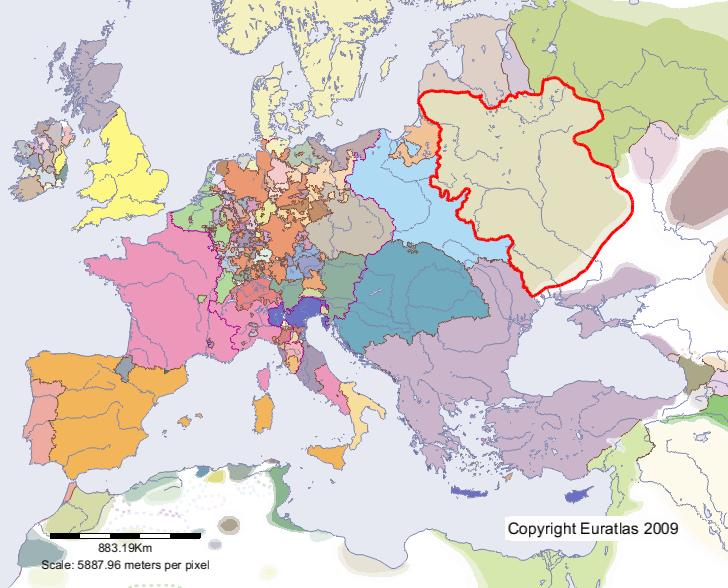This has been discussed earlier, but as this was back in 2013, I guess it is against the rules to continue that thread, so I start a new one instead. Why did Ukraine and Belarus develop separate ethnicities? I would assume that there would be a dialect continuum rather than a clear cut dividing lines between the dialects of East Slavic. IIRC, there was a separate country for some time controlled by the cossacks in the area of Ukraine, and a large part of what is now Ukraine was for much of its history part of Poland (not just the areas taken from Poland after WW2, but also areas conquered by Russia after 1700). Still, as the war in East Ukraine shows, parts of Ukraine seems to be more pro-Moscow than pro-Kiev. IIRC, also many in southern parts of Ukraine are pro-Moscow. About Belarus, I am not aware of any Belarusian country before Belarus became a separate Soviet republic, although the area was part of Lithuania before Lithuania merged with Poland. This was, however, the case also for much of Ukraine, so it does not explain why Belarus is separate from Ukraine. Maybe even more than Ukraine, it seems like many people in Belarus have sympathies with Moscow. So, what was the reason that the Soviet Union decided to make them separate republics?
Last edited:

